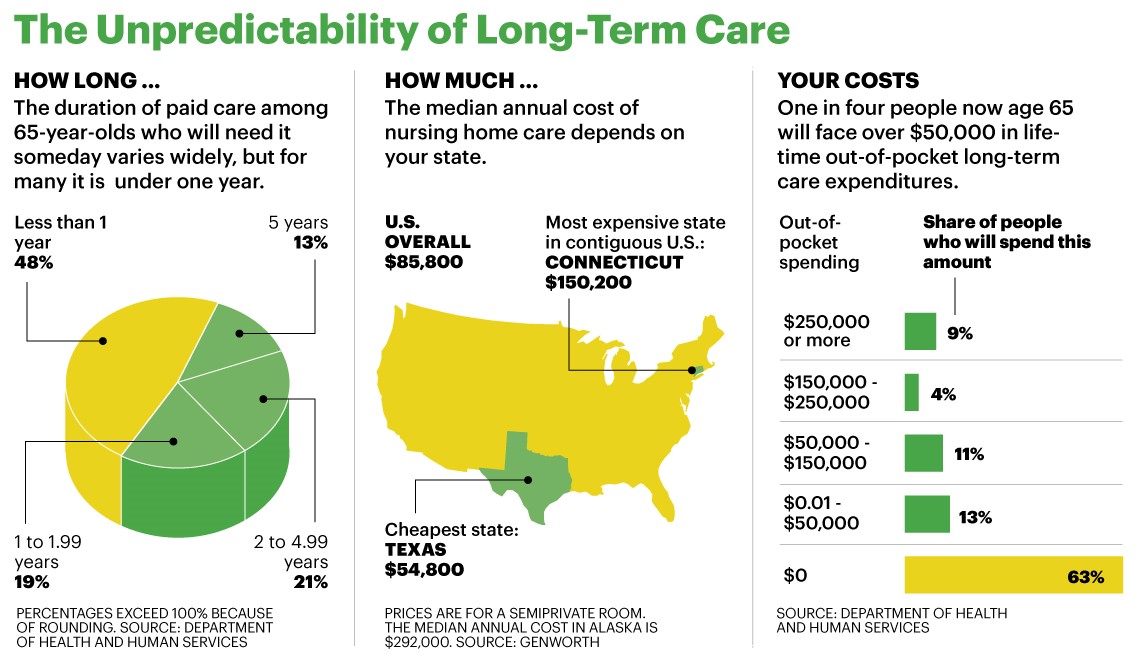
As many of us watch current market volatility as well as US and World news, it may seem daunting to project into the future. Will you reach your savings goals on time? What will retirement look like? First, remember that the markets generally operate in cycles. Market timing rarely works. Long term planning and adequate diversification are generally your friends in these challenging markets. Remember too, that past performance does not guarantee future performance, but it is often all we have to estimate into the future.
So how do you best plan in a down market? One of the most important aspects is to continue to commit to ongoing savings and controlling expenses. Continuing to invest in a down market is a form of Dollar Cost Averaging which has generally been shown to enhance long term returns. Goals can't be reached if you stop saving for the future, so this ongoing commitment continues to build your investment portfolio and during a down market, allows you to buy investment shares at cheaper prices.
So, don’t panic and stop saving just because the markets are down. Remember that long term savings commitment should pay off.
If you are a government employee or a company affected by the government shut down, you may be experiencing some current cash flow squeeze. If that’s the case, do the best you can. Cut back on expenses where possible, keep up as much of your savings as possible, and if any cut backs are required, get back to normal as quickly as you can after the crisis is over. After the cash flow crunch has subsided, consider continuing to operate under a reduced expense environment until your savings goals are caught up. This commitment will really pay off into the future.
We are here to help, problem solve and to discuss ideas to keep you on track.






.jpg)

.jpg)
.jpg)
.jpg)

.jpg)

.png)



